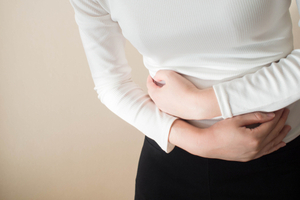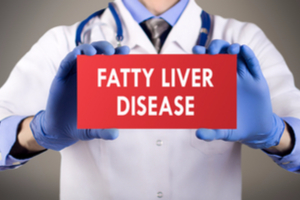 Like any vaccination, the Varivax vaccination used to prevent chickenpox may cause pain, redness, fever, mild skin rashes and a number of other side effects. One of the most common side effects is a mild fever; as long as the fever does not creep up too high it’s nothing a little rest won’t shake off.
Like any vaccination, the Varivax vaccination used to prevent chickenpox may cause pain, redness, fever, mild skin rashes and a number of other side effects. One of the most common side effects is a mild fever; as long as the fever does not creep up too high it’s nothing a little rest won’t shake off.
Chickenpox is uncomfortable and unforgettable but it is generally considered a mild illness that consists of a fever, rash and fluid-filled blisters covering the skin. There are usually no lasting side effects, but in some rare cases chickenpox can cause skin infections, breathing problems, brain damage and even death. After you get chickenpox once you are not going to get it again, but you may develop shingles later in life.
Chickenpox is easily spread. It is transmitted through the air as well as by coming into contact with fluids released from blisters. The vaccine exposes you to a small amount of the virus so that your body can develop the proper immunities to fight it off the next time you come into contact with it. While you may still develop chickenpox after receiving the vaccination, it should decrease your symptoms and length of illness. In most cases, the benefits of Varivax outweigh the risks presented by potential side effects.
Common Varivax Side Effects
Varivax (varicella virus vaccine live) is used to help prevent the development of chickenpox. Chickenpox is a common childhood illness that can be much worse if a child is not vaccinated against it. While Varivax can help reduce or eliminate the side effects of chickenpox, it comes with a list of potential side effects.
Common side effects of the chickenpox vaccination:
-Fever
-Bruising, swelling, pain or redness at the site of the injection
-A mild rash that resembles chickenpox
-A cough
-Sore throat
-Runny or stuffy nose
-Fatigue
-Headache
-Insomnia
-Pain of the muscles or joints
-Nausea and/or vomiting
-Stomach pain
-Diarrhea
-Low fever
The side effects listed above are not considered serious and should clear up relatively quickly on their own. A health care provider only administers Varivax if they feel the benefits outweigh the side effects. As long as a serious allergic reaction does not occur this should remain the case.
Allergic Reaction To Varivax
It is rare to experience an allergic reaction to Varivax but it is possible. Visit your local emergency room if you experience any of the following symptoms after receiving the vaccination as they could signify a serious allergic reaction.
-Difficulty breathing
-Tightness of your chest
-Severe coughing
-Extreme dizziness
-Itching and swelling of the face, tongue or throat
-Serious rash
-High fever that results in a few hours or a few weeks following the vaccine.
-Behavioral changes
-Seizure or blacking out
-Unusual weakness, bruising or bleeding
Varivax may interact with certain drugs such as aspirin or other salicylates, as well as any drugs that weaken the immune system. These medications include oral, inhaled, nasal or injectable steroid medications, as well as medications commonly used to treat rheumatoid arthritis, autoimmune disorders, and the treatment or prevention of organ transplant rejection.
It’s so important to tell your doctor all medications you or your child is taking as well as any vaccinations recently received.
The Importance Of Proper Dosing
Different age groups receive different doses of the vaccine for the best results. Children between 12 months and 12 years are administered 0.5-mL of Varivax. Children 13 and up and adults should receive one 0.5-mL dose and then return 4-8 weeks later for a second dose of 0.5-mL.
Medical professionals must be careful to administer the proper amount of the vaccination. It’s equally important to look into the patient’s health history to ensure the vaccine offers more benefits than risks.
When Do You Get The Varivax Vaccination?
The Varivax vaccination is usually administered to children between 12 and 15 months. A booster shot is then given between 4 and 6 years old, or at least 3 months after the first shot is administered.
If a serious life-threatening allergic reaction occurred from the first shot, Varivax should not be administered again.
If you are 13 or older and have not received the vaccine or had chickenpox, you will receive two doses of the vaccination spaced at least 28 days apart.
You do not need the vaccination if you have already gotten chickenpox because your body has already naturally developed the defense mechanisms provided by the vaccine. You do not get chickenpox twice.
Do you need the chickenpox vaccination? Schedule an appointment online or simply walk into Urgent Medical Center today!




